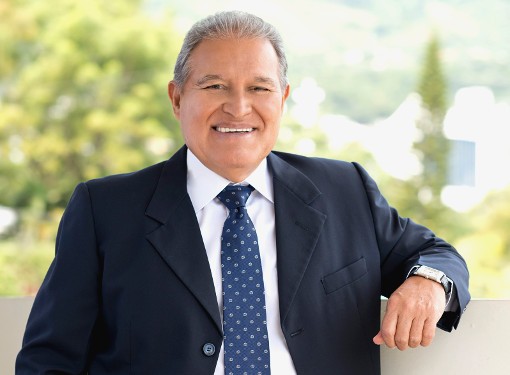The Governments of El Salvador, Latvia and the Republic of Moldova on Tuesday, June 20, 2017 deposited their instruments of ratification, thereby becoming the 61st, 62nd and 63rd future Parties to the Minamata Convention.

Just a day earlier on Monday, June 19, the Government of Czech Republic and the Government of Sri Lanka also ratified the Convention, becoming its 59th and 60th Parties.
These triple and double ratification sessions follow that of France, which deposited its instrument of ratification on Thursday, June 15 and becoming the 58th Party to the Convention.
Prior to this, nations such as Austria (Monday, June 12), Niger (Friday, June 9), Finland (Thursday, June 1), Slokavia (Wednesday, May 31) and St Kitts and Nevis (Wednesday, May 24) had ratified the Convention.
The Minamata Convention has already entered into force, thanks to the landmark rash of ratifications on Thursday, May 18, 2017 that triggered the Convention on Mercury into force, having garnered the required 50 ratifications.
On that day, the EU and seven of its member States – Bulgaria, Denmark, Hungary, Malta, the Netherlands, Romania and Sweden – deposited their instruments of ratification at the UN Headquarters in New York, bringing to 51 that day the number of future Parties.
As a result, on August 16 2017, the Convention, which aims at protecting human health and the environment from anthropogenic emissions and releases of mercury and mercury compounds, will become legally binding for all its Parties.
The 1st Conference of the Parties to the Minamata Convention (COP1) will gather governments, intergovernmental and non-governmental organisations from around the world in Geneva from September 24 to 29, 2017.
The Minamata Convention is said to be the first new global Convention on environment and health adopted for close to a decade. It addresses the entire life cycle of mercury, considered by the World Health Organisation (WHO) as one of the top 10 chemicals of major health concern, which threatens the environment and health of millions.
